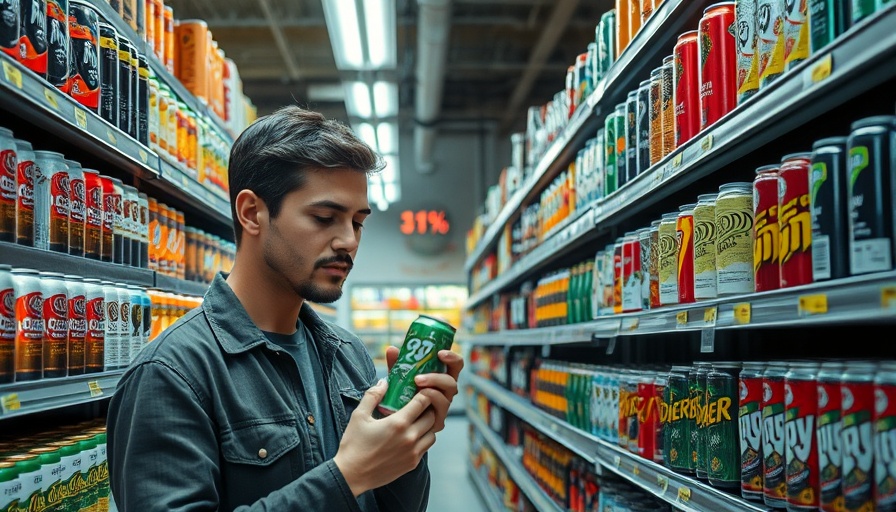
What Happened with Celsius Energy Drinks?
A mislabeling issue has the FDA urging consumers to rethink their afternoon energy boost. High Noon is recalling some of its vodka seltzers that were mistakenly labeled as Celsius energy drinks. The recall involves cans that were sent to various states, and although no illnesses have been reported, the mix-up raises concerns about consumer awareness regarding alcohol consumption.
The Importance of Identification and Awareness
Understanding what you're drinking is crucial, especially when it comes to energy drinks and alcoholic beverages. The FDA noted that the mislabeled products might lead to unintended alcohol consumption, which can impair mental capacities, mood, and coordination. Additionally, particular demographics, such as people with specific health conditions or those who are pregnant, should be especially cautious about unexpected alcohol ingestion.
How to Stay Informed
If you think you might have purchased a recalled product, take action immediately. The FDA recommends consumers throw away the affected Celsius Astro Vibe Energy Drink cans, which have a silver lid. To help prevent future incidents, staying updated on product recalls can be a vital part of a healthy lifestyle.
Consumer Safety and Health Initiatives
This recall highlights the importance of proactive healthcare and public health initiatives aimed at improving consumer safety. Knowledge about product recalls is part of an overarching strategy for chronic disease prevention, environmental health, and substance abuse prevention, all of which contribute to a healthier community.
Taking Action: What You Can Do
If you own the impacted cans, contact High Noon Consumer Relations for guidance on refunds and next steps. This situation underscores the need for health education and awareness as part of self-care practices, ensuring consumers are fully informed about their choices.
Engaging in wellness programs that focus on substance abuse prevention, healthy lifestyle choices, and stress management can further support your health. This incident serves as a reminder to verify what you consume, promoting an active role in your health through informed choices.
 Add Row
Add Row  Add
Add 




Write A Comment